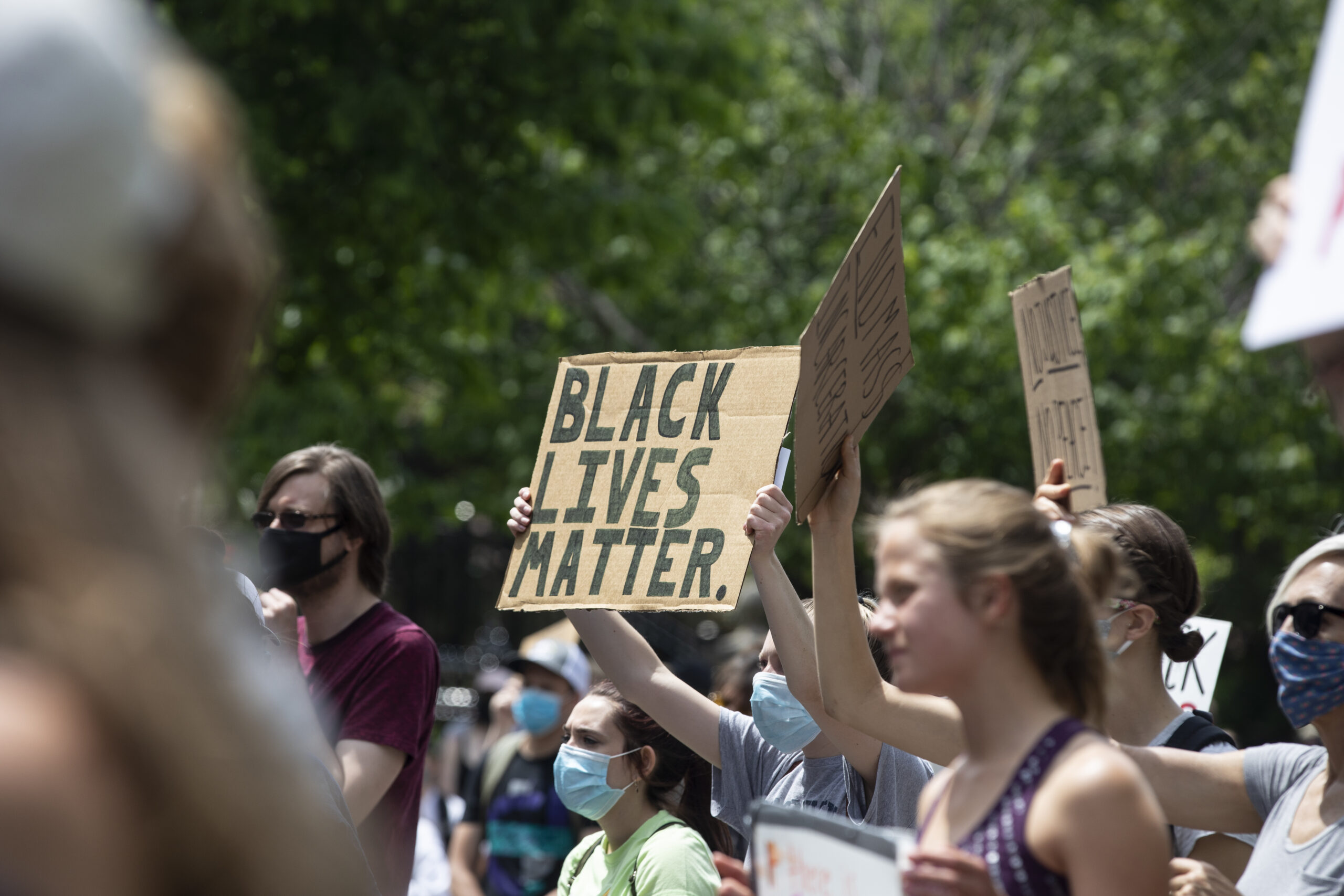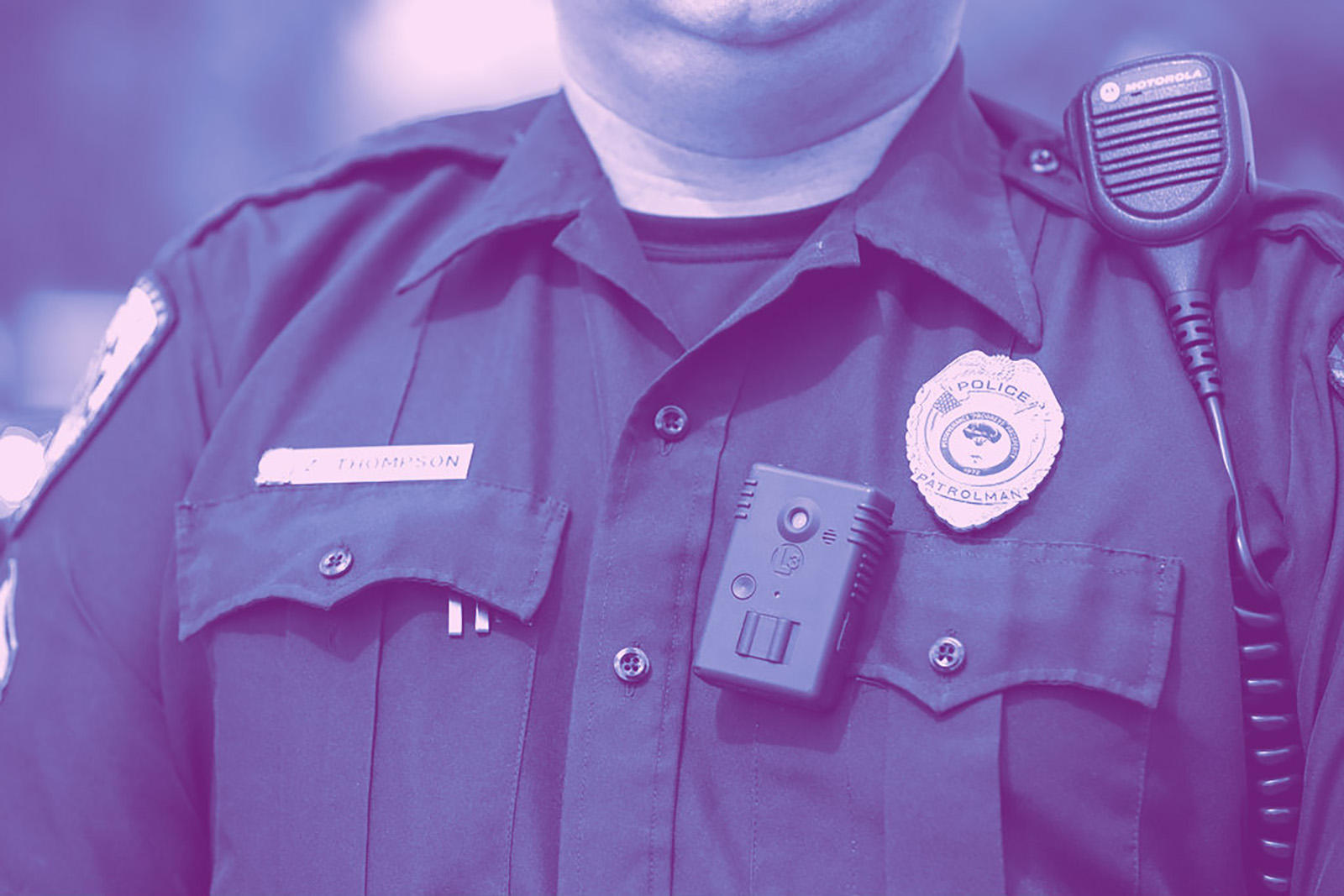The ACLU-MN created a presentation for superintendents, school boards, principals and teachers titled, "Know Your Rights and Responsibilities: K-12 Schools and the Immigrant and LGBTQ+ Students they Serve."
The Supreme Court has made clear that students don't lose their First Amendment rights at the schoolhouse gate -- but public schools do have more authority to regulate young people's speech at school than the government does in general to regulate people's speech in society.
When it comes to what you can say in school on your own behalf, schools cannot discipline you unless your speech is likely to cause a substantial disruption or interferes with the rights of others. For speech that appears to have the OK of the school — like a student play put on as part of a class — schools have more leeway. But any regulation must still be reasonably related to a legitimate educational interest.
Learn about LGBTQ+ students' rights
- If you go to a public school, you have a constitutional right to express your views and your identity.
- You have the right to speak out, hand out flyers and petitions, and wear expressive clothing in school — as long as you don’t disrupt the functioning of the school or violate school policies (such as rules about when and where you can hand out flyers) that don’t hinge on the message expressed.
- What counts as “disruptive” will vary by context, but a school disagreeing with your position or thinking your speech is controversial or in “bad taste” is not enough to qualify. Courts have upheld students’ rights to wear things like an anti-war armband, an armband opposing the right to get an abortion, and a shirt supporting the LGBTQ+ community.
- If you participate in a walkout, schools can discipline you for missing class. But they can’t discipline you more harshly because of the message or the political nature of your action.
- Outside of school, you enjoy essentially the same rights to protest and speak out as anyone else. So you’re likely to be most protected if you peacefully organize, protest, and advocate for your views off campus and outside of school hours.
- Schools are prohibited from retaliatory action against a legal guardian or student who files a complaint based on discrimination.
- Outside of school, you enjoy essentially the same rights to protest and speak out as anyone else. This means you’re likely to be most protected if you organize, protest, and advocate for your views off campus and outside of school hours.
- You have the right to speak your mind on social media, and your school has the least authority to punish you for content you post off campus and outside of school hours that does not relate to school.
- Schools are prohibited from retaliatory action against a legal guardian or student who files a complaint based on discrimination.
The ACLU-MN created a presentation for superintendents, school boards, principals and teachers titled, "Know Your Rights and Responsibilities: K-12 Schools and the Immigrant and LGBTQ+ Students they Serve."
The Supreme Court has made clear that students don't lose their First Amendment rights at the schoolhouse gate -- but public schools do have more authority to regulate young people's speech at school than the government does in general to regulate people's speech in society.
When it comes to what you can say in school on your own behalf, schools cannot discipline you unless your speech is likely to cause a substantial disruption or interferes with the rights of others. For speech that appears to have the OK of the school — like a student play put on as part of a class — schools have more leeway. But any regulation must still be reasonably related to a legitimate educational interest.
Learn about LGBTQ+ students' rights
- If you go to a public school, you have a constitutional right to express your views and your identity.
- You have the right to speak out, hand out flyers and petitions, and wear expressive clothing in school — as long as you don’t disrupt the functioning of the school or violate school policies (such as rules about when and where you can hand out flyers) that don’t hinge on the message expressed.
- What counts as “disruptive” will vary by context, but a school disagreeing with your position or thinking your speech is controversial or in “bad taste” is not enough to qualify. Courts have upheld students’ rights to wear things like an anti-war armband, an armband opposing the right to get an abortion, and a shirt supporting the LGBTQ+ community.
- If you participate in a walkout, schools can discipline you for missing class. But they can’t discipline you more harshly because of the message or the political nature of your action.
- Outside of school, you enjoy essentially the same rights to protest and speak out as anyone else. So you’re likely to be most protected if you peacefully organize, protest, and advocate for your views off campus and outside of school hours.
- Schools are prohibited from retaliatory action against a legal guardian or student who files a complaint based on discrimination.
- Outside of school, you enjoy essentially the same rights to protest and speak out as anyone else. This means you’re likely to be most protected if you organize, protest, and advocate for your views off campus and outside of school hours.
- You have the right to speak your mind on social media, and your school has the least authority to punish you for content you post off campus and outside of school hours that does not relate to school.
- Schools are prohibited from retaliatory action against a legal guardian or student who files a complaint based on discrimination.
Stay Informed
Sign up to be the first to hear about how to take action.
By completing this form, I agree to receive occasional emails per the terms of the ACLU’s privacy statement.
By completing this form, I agree to receive occasional emails per the terms of the ACLU’s privacy statement.






